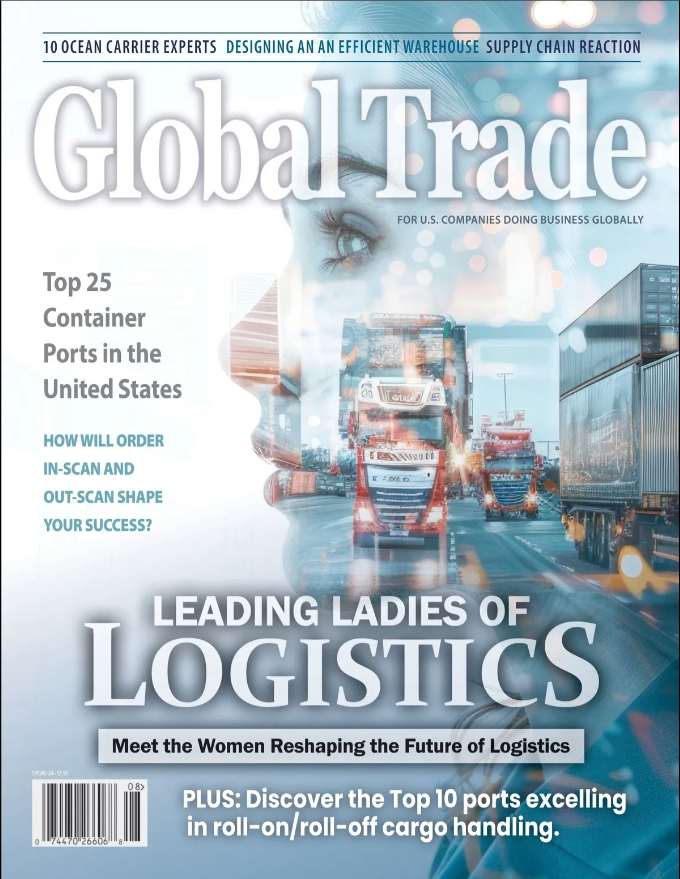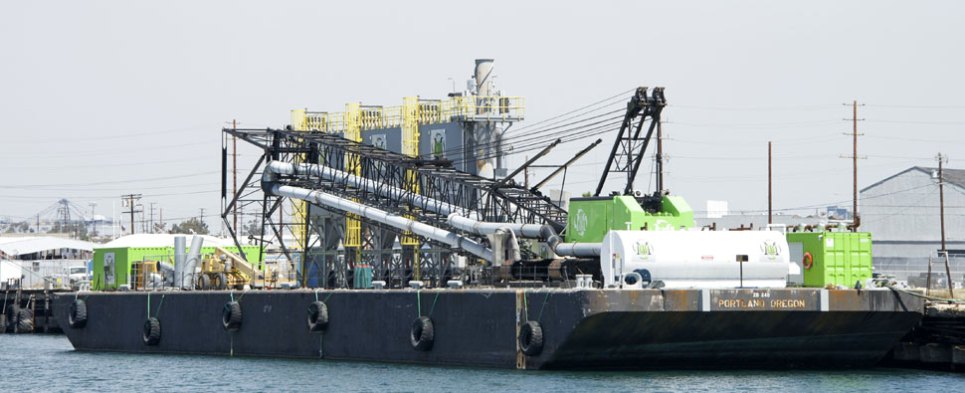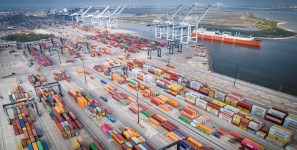ROI on Pacific Northwest Channel Deepening Project: Over 5 to 1
The economy in the U.S. Pacific Northwest has enjoyed a handsome return on the investment made deepening of the Columbia River navigation channel.
The U.S. Army Corps of Engineers spent $180 million deepening the 110-mile channel from 40 to 43 feet. Since the dredging was finished in 2010, public agencies and private companies have invested over $1 billion in infrastructure and facilities along the Columbia and Snake rivers, much of it focused on facilitating exports.
The Pacific Northwest Waterways Association and the Port of Portland recently released a study outlining the $1.08 billion in public and private investments. The Columbia-Snake river system includes the ports of Portland, Vancouver, Longview, Kalama, Woodland, and St. Helens.
Nearly half the value of the total investments went toward seven grain export facilities on the Lower Columbia River, to ensure that the system can handle an increase in wheat, corn and soy products. Other investments include improved rail and freight handling facilities, additional tugs and barges, and construction of the largest floating dry dock in the United States.
The $230 million Export Grain Terminal at Longview, Wash., was the first new grain export facility in North America in 25 years. Other projects include $228 million to expand rail freight infrastructure at the Port of Vancouver, Wash., $100 million invested by Temco LLC to increase grain handling capacity, and $140 million to improve shiploading efficiency at the Port of Portland by potash exporter Canpotex.
Over three-quarters of the Port of Portland’s current business is related to the movement of agricultural and mineral bulk cargoes, noted Curtis Robinhold, the port’s deputy executive director. “The deepening of the channel has led to an increase in volumes of bulks at our facilities since ships can travel more fully loaded,” he added.
Over $5 billion in future investments in the area are proposed, according to the study. These include a $600 million coal terminal at the Port of Longview and a $500 million propane export terminal at the Port of Portland.





Leave a Reply